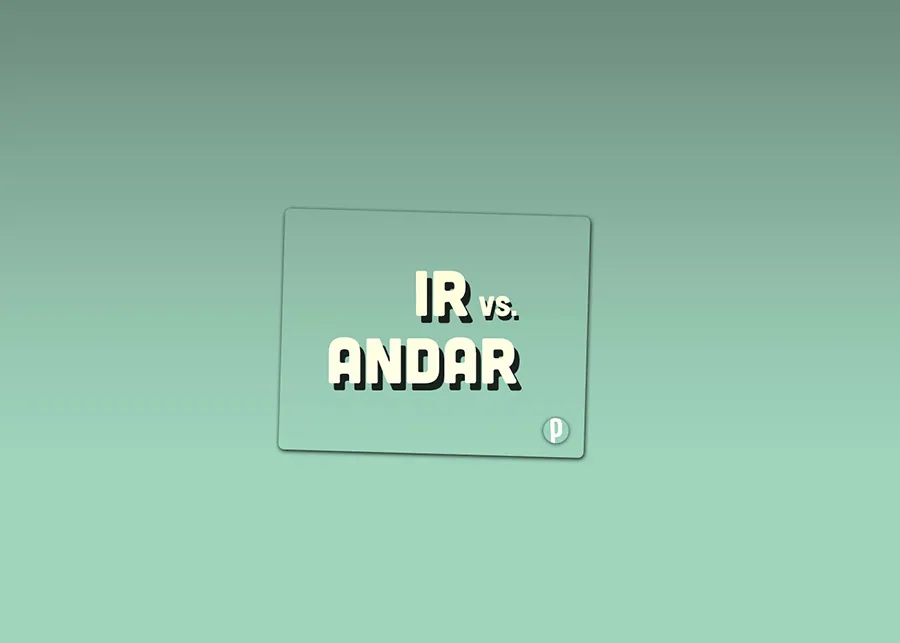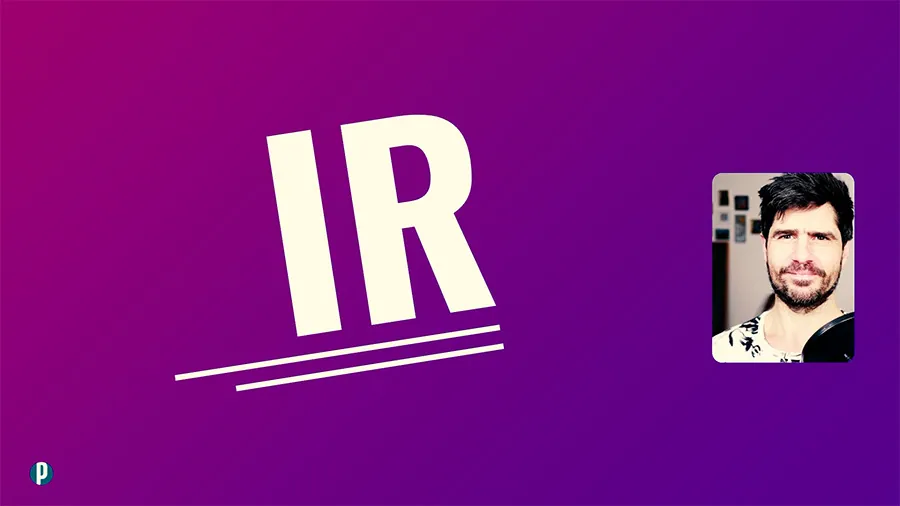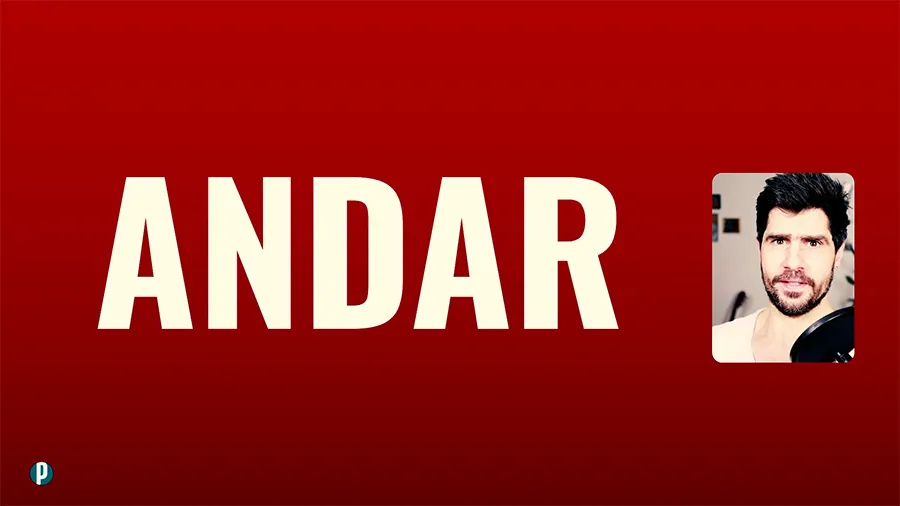
Portuguese Verbs “Ir” vs. “Andar” – Know When to Use Either
I’ve noticed that Portuguese language learners often use the verb Andar when they want to say Ir, and vice-versa.
This happens almost without exception in a context where means of transport and mobility are implied.
Here’s the difference. We use Andar to talk about means of transport in general. However, we switch over to Ir as soon as we also mention the final destination:
| ANDAR Eu ando de carro todos os dias. I use my car every day. IR Amanhã, vou de carro até ao Porto. Tomorrow, I am going to Porto by car. |
Let’s dive in.
Andar
Conjugation
| Presente | Pretérito Perfeito | Pretérito Imperfeito | |
| Eu | ando | andei | andava |
| Tu | andas | andaste | andavas |
| Você Ele, ela | anda | andou | andava |
| Nós | andamos | andamos | andávamos |
| Vocês Eles, elas | andam | andaram | andavam |
Learn more about Portuguese regular verbs:
Portuguese Regular Verbs and Conjugation Patterns in the Present Tense
Portuguese Regular Verbs for the Past Tense
Usage

Olá! I'm Pedro and I'm your Portuguese teacher.
Ready to unlock the beauty of European Portuguese? Portuguesepedia is your key! This all-in-one platform provides a wealth of learning resources, from bite-sized video lessons to immersive idiomatic dips. Perfect your pronunciation and aural comprehension with listening drills and solidify your grammar with in-depth articles. Start your Portuguese journey today!
Share this article
Get my guide "Key Strategies to Learn Portuguese" for FREE.


